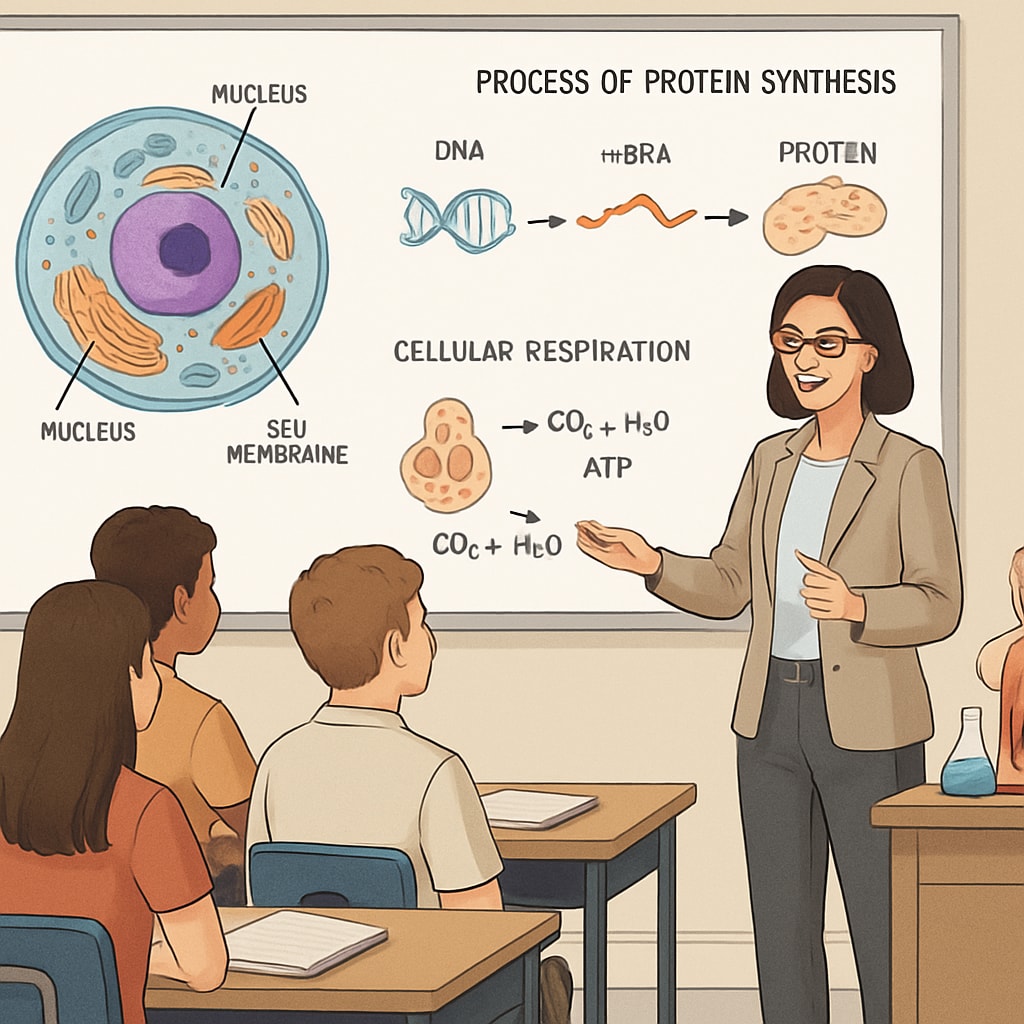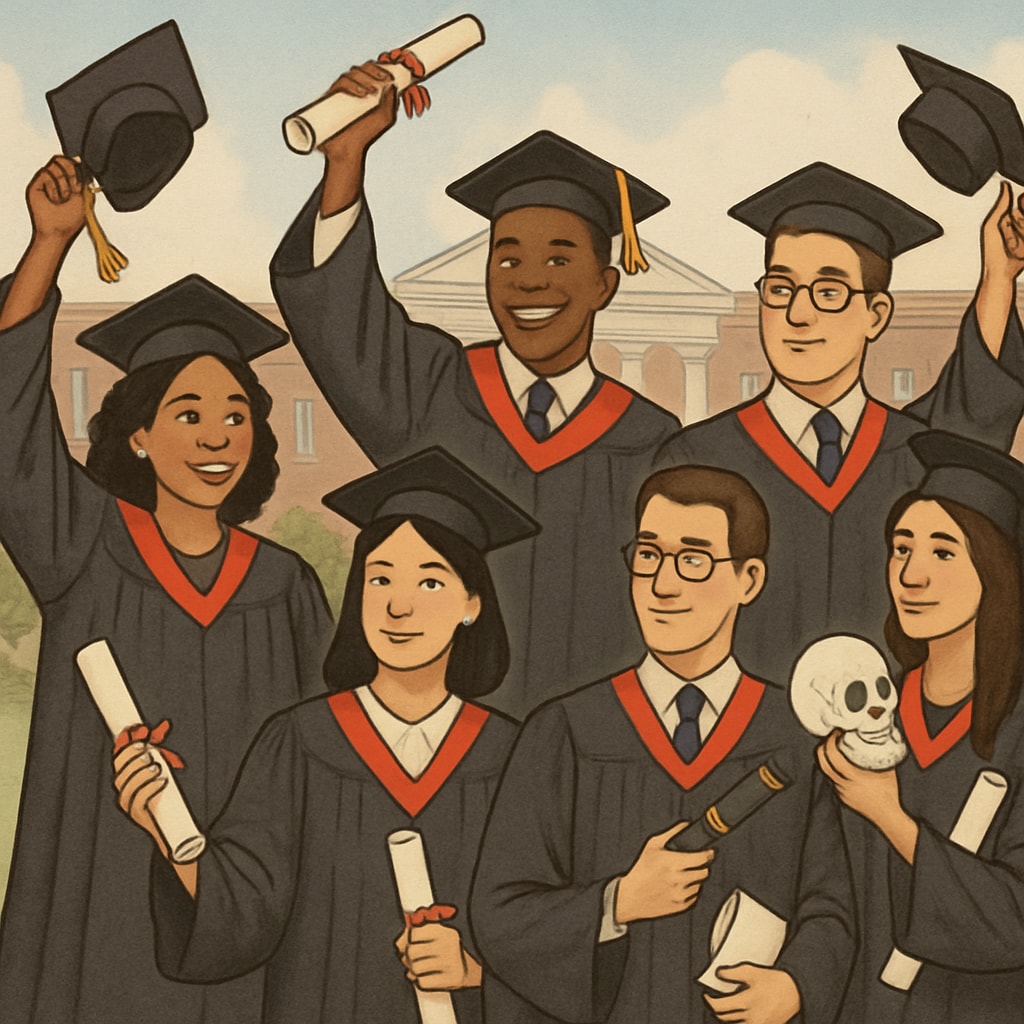The journey from a biology degree to pursuing a master’s in education may seem unconventional at first glance. However, this transition embodies the essence of professional versatility and interdisciplinary learning. For biology graduates, the shift to education offers a unique opportunity to combine their scientific expertise with the art of teaching. This article explores the potential pathways, benefits, and strategies for making this professional switch.
Why Transition from Biology to Education?
Biology graduates often possess analytical thinking, problem-solving skills, and a solid understanding of scientific concepts. These attributes can be invaluable in educational settings, particularly in science education. By pursuing a master’s in education, biology graduates can leverage their subject knowledge to inspire and educate the next generation.
In addition, there is a growing demand for educators with STEM (Science, Technology, Engineering, and Mathematics) backgrounds. According to the Britannica overview of STEM education, the global emphasis on STEM has increased the need for teachers who can effectively communicate complex scientific ideas. This demand creates a promising career path for biology graduates interested in teaching.

Interdisciplinary Advantages of the Transition
The intersection between biology and education provides unique benefits. Here’s how the interdisciplinary approach can enhance your career:
- Subject-Specific Expertise: Biology graduates bring a depth of knowledge to science education, making them well-suited for teaching roles in secondary schools or specialized programs.
- Cognitive Skills: Analytical thinking and research abilities honed during a biology degree can be applied to curriculum design and educational research.
- Communication Mastery: Science students are trained to present data and findings clearly, a skill transferable to classroom instruction.
Moreover, this transition promotes a broader understanding of how scientific literacy can empower individuals and societies. By blending these fields, biology graduates can advocate for science education reforms and inspire curiosity in students.
How to Make the Transition: Key Steps
While transitioning from biology to education is feasible, it requires careful planning and strategic action. Below are some essential steps to guide you:
- Self-Assessment: Determine your interest in teaching and identify the age group or level (primary, secondary, or higher education) you wish to work with.
- Research Programs: Explore master’s programs in education that align with your goals. Look for specializations such as science education or curriculum development.
- Gain Experience: Volunteer or work as a teaching assistant to gain firsthand experience in educational environments.
- Meet Requirements: Ensure you meet admission prerequisites, such as prior coursework in education or relevant certifications.
- Build a Network: Connect with professionals in the education sector to gain insights and mentorship opportunities.
By following these steps, biology graduates can navigate the transition smoothly and build a fulfilling career in education.

The Road Ahead: Opportunities and Challenges
The decision to transition from biology to education presents both opportunities and challenges. On the one hand, the education sector offers diverse roles, from classroom teaching to policy-making and educational consulting. On the other hand, adapting to a new field may require additional training and a mindset shift.
However, the rewards of shaping young minds and contributing to educational advancement outweigh the challenges. With dedication and a clear vision, biology graduates can find meaningful roles in education and make a lasting impact.
In conclusion, transitioning from biology to a master’s in education is a feasible and rewarding career path. By leveraging their scientific background and embracing the principles of teaching, biology graduates can bridge the gap between science and education, fostering a more informed and curious society.
Readability guidance: The article uses concise paragraphs and lists to improve readability. Transitional words such as “however,” “in addition,” and “for example” ensure smooth flow. Passive voice is minimized to maintain clarity and engagement.


